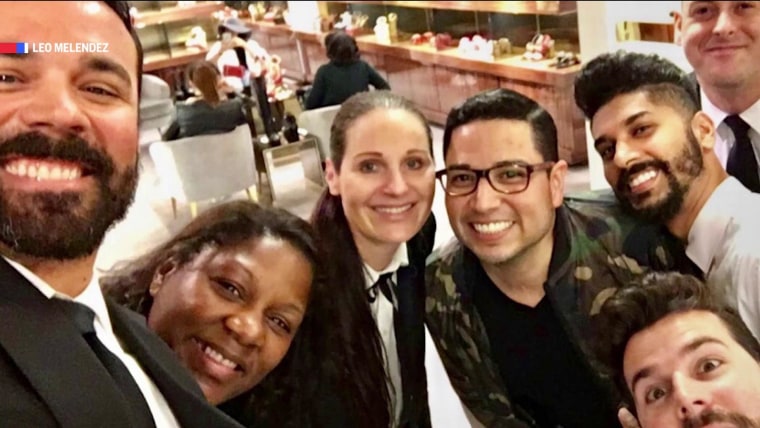Three days before the fifth anniversary of the attack on Pulse nightclub in Orlando, Florida, the U.S. Senate unanimously passed legislation designating the site of the gay club a national memorial.
The House passed its version of the bill May 12. The measure now goes to President Joe Biden, who has supported a number of pro-LGBTQ proposals and is expected to sign it into law, though it’s unclear when.
Sen. Rick Scott, R-Fla., introduced the Senate bill. Scott was governor at the time of the massacre, which saw 49 clubgoers killed and dozens more wounded before the shooter, Omar Mateen, was killed in a shootout with law enforcement after a three-hour siege.
While introducing the measure Wednesday, Scott said speaking to parents who lost children and attending funerals and wakes for the young victims following the June 12, 2016, attack “was one of the hardest things I’ve ever had to do,” according to the Orlando Sentinel.
“[It was] an evil act of terrorism designed to divide us as a nation and strike fear in our hearts and minds,” Scott later said in a statement. “But instead, we came together, and supported each other through heartbreak and darkness, to preserve and rebuild.”
While a similar bill passed the House in 2020, it languished in the Senate. Scott’s measure passed by unanimous consent, enjoying bipartisan backing from fellow Florida Sen. Marco Rubio, a Republican, and California Sen. Alex Padilla, a Democrat.
In a statement, Rubio said he was “inspired by Orlando’s continued resiliency, pride, and strength.”
On Twitter, Brandon Wolf, a survivor of the attack, thanked the Florida delegation “for recognizing our hallowed ground.”
A message from the Pulse nightclub Facebook page also expressed gratitude for the bill’s passage.
“The unanimous consent is such welcome news as we are set to mark the five-year remembrance of the Pulse tragedy,” the statement said. “This recognition from both the House and Senate means so much to the LGBTQ+ community. #WeWillNotLetHateWin”
The vote came one week after Republican Gov. Ron DeSantis signed a new state budget that cut funding for Orlando’s LGBTQ Community Center and an organization that houses homeless LGBTQ youth.
Wolf, now media relations manager for Equality Florida, said the cuts meant DeSantis “has declared war” on the state’s gay community.
“Before the 2019 Remembrance Ceremony, Governor DeSantis stood on hallowed ground, steps from where I escaped the building in 2016, and promised me that he would always support those of us impacted by the Pulse nightclub shooting,” Wolf said in a statement. “Today, almost two years later to date, he vetoed mental health services for us. I will never forget.”
Pulse’s designation as a memorial does not make it part of the U.S. National Park System or require federal funding to be used in creating any monument.
In 2019, the nonprofit onePulse Foundation unveiled a design for a museum and monument, created by French architectural firm Coldefy & Associés in collaboration with Orlando-based HHCP Architects.
The monument incorporates a reflecting pool and a garden with 49 trees ringing the remains of the nightclub, where an interim memorial currently stands.
A half-mile away, on West Kaley Street, the museum would rise “like a budding flower,” the foundation said in a news release, with a rooftop memorial offering views of both the memorial and what is being called the “Pulse District” south of downtown Orlando.
The first phase of the memorial, a “Survivors Walk” featuring interactive sculptures, will span a half-mile of South Orange Avenue and connect the memorial to Orlando Regional Medical Center, where many wounded were taken the night of the attack, the Sentinel reported.
Initially set for 2022, completion of the museum and memorial has been delayed by the Covid-19 pandemic, according to the Sentinel.
In February, singer Ricky Martin signed on as national spokesperson for the foundation’s efforts to raise $49 million for the project.
In addition to the National Pulse Memorial and Museum, the money would be used for community outreach, educational programs and to establish 49 legacy scholarships.


